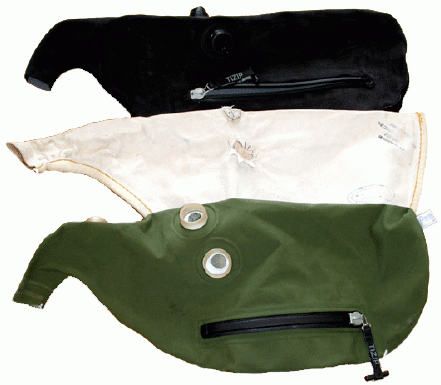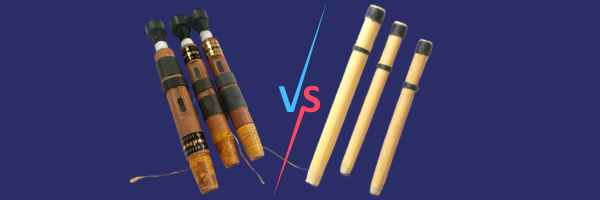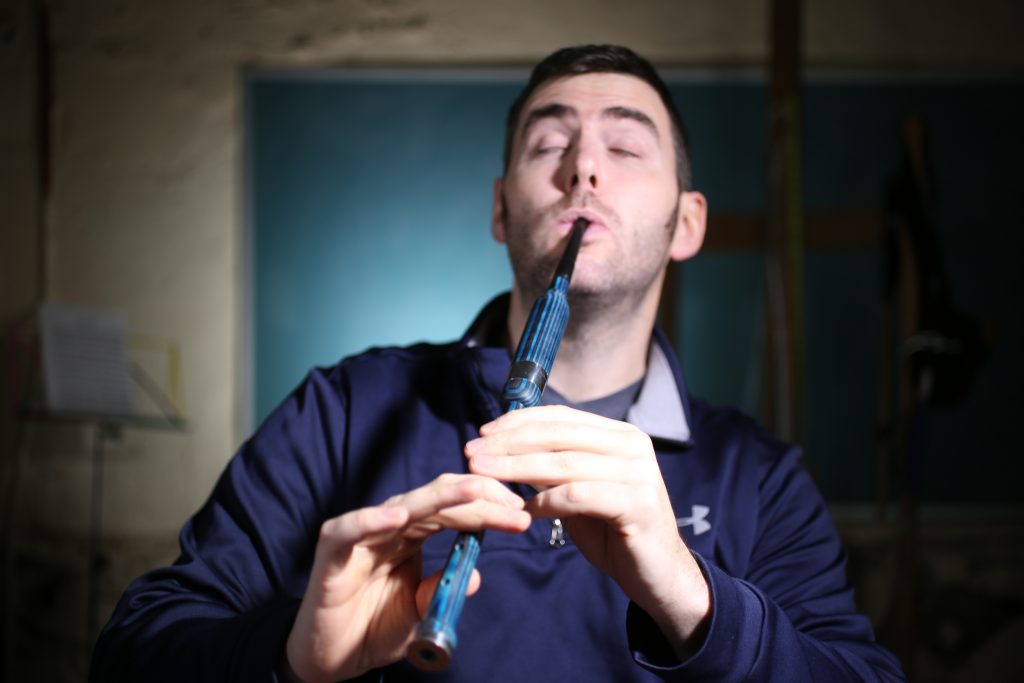Are Hide Bags 'Simple'?

Here at Dojo U, we talk a lot about the importance of using simple tools.
After all, you can buy all the complicated gadgetry you like – fancy tuners, moisture control systems, drone enhancers – but it’s not going to make you a better player. It doesn’t even actually make your life easier either – it just replaces the challenges you should learn to overcome with different irrelevant challenges.
As a beginner or as an intermediate, you don’t want or need this added complexity. You want and need to focus on mastering the basics.
A few weeks ago, one of our students asked whether that meant that we should all be switching to hide bags if we want to embrace simple tools, given they're the most traditional kind of bag, and are played by many top grade bands for their enhanced tone.
Well, the straightforward answer, in most cases, is no.
Now, I didn't always think this. Hide bags seem more simple - they have no zipper, which is a part of the bag that can fail. They are just a single piece of leather, so they're basically as simple as you can get, when it comes to 'simple tools'.
They're also wonderful at retaining and stablising moisture, extremely comfortable once they mold to your body shape, and produce a consistently better tone than a synthetic or hybrid bag (mostly due to the drones having less surface area touching the bag when tied in than the grommets on synthetic and hybrid bags do, which allows the wood of the drones to vibrate more freely).
But, in reality, a hide bag is slightly more complicated than a synthetic bag for a player to upkeep. You have to tie it in to begin with, you have to regularly season them, and you have to play them every day to avoid the leather drying out and the bag losing its airtightness. And, the more complex your tools, the more that things can go wrong, and the more likely that you may miss out on playing for your minimum viable daily practice session, because you'll be too busy getting distracted with fixing instrument maintenance issues during your precious little practice time.
I used to insist that all learners should learn to play on a hide bag – I felt that learning to tie it in, maintain its seasoning, and play it every day was an important rite of passage for all learners to master.
But I've definitely changed my stance on this over the years, mostly because I know that simple tools work best for the majority of pipers, and that more complex tools should only be employed when the piper understands them and is using them to enhance their playing – not as a crutch.
Hide bags remind me a little bit of supplements – the world's top athletes take supplements, and maybe it actually benefits their performance...
But that's because the world's most elite performers that are looking for that absolute edge at those elite levels.
It's not because everyone should take supplements.






Responses